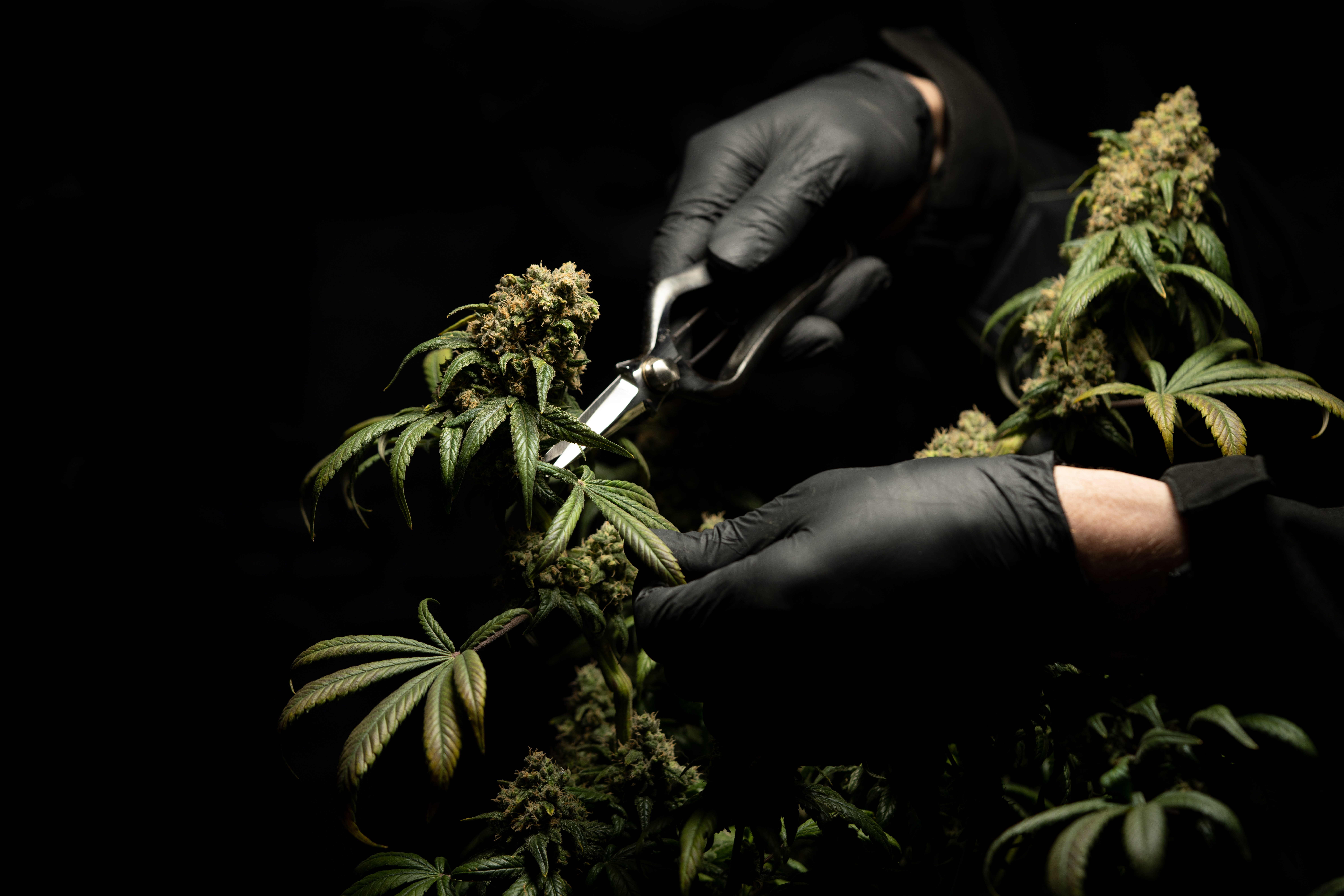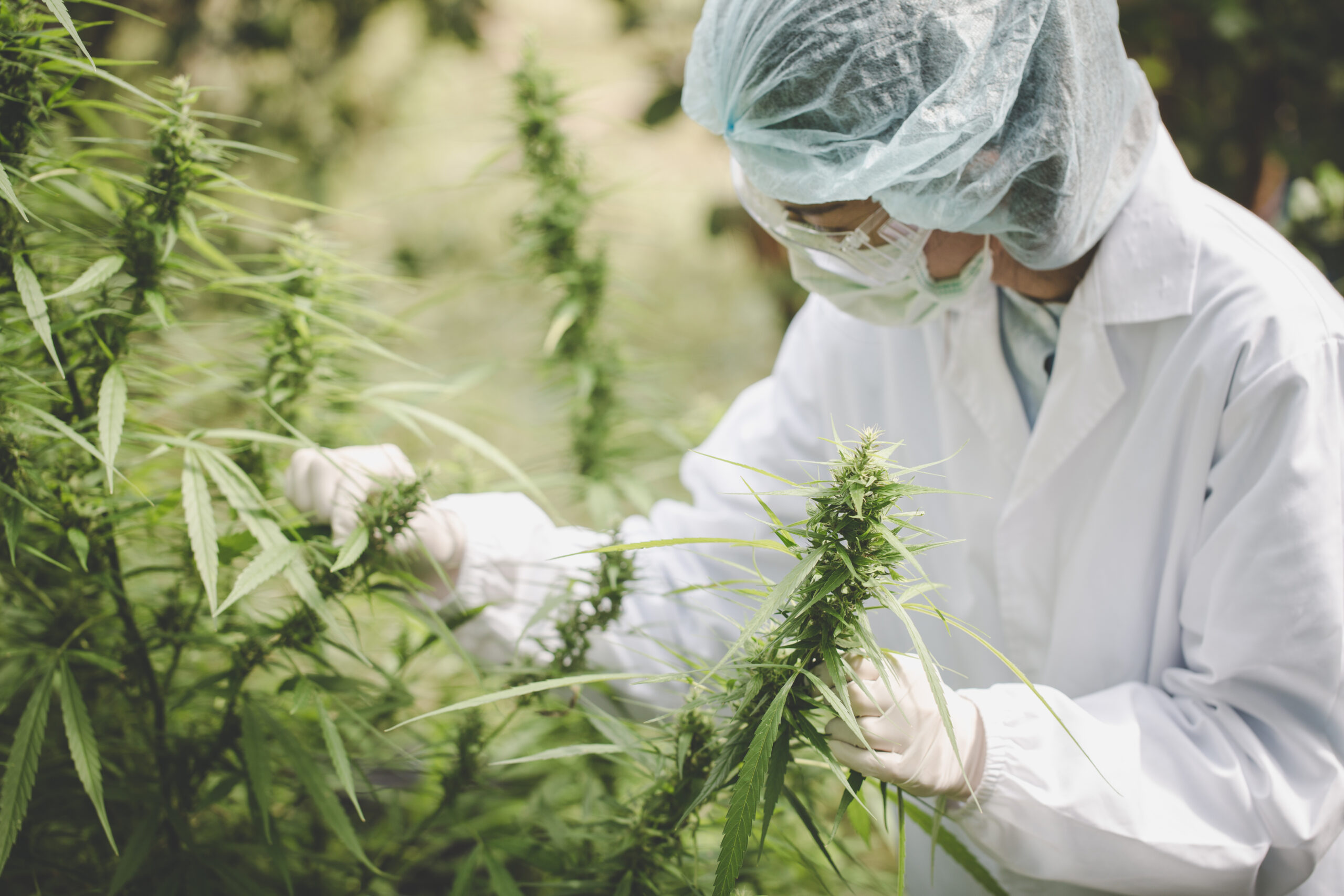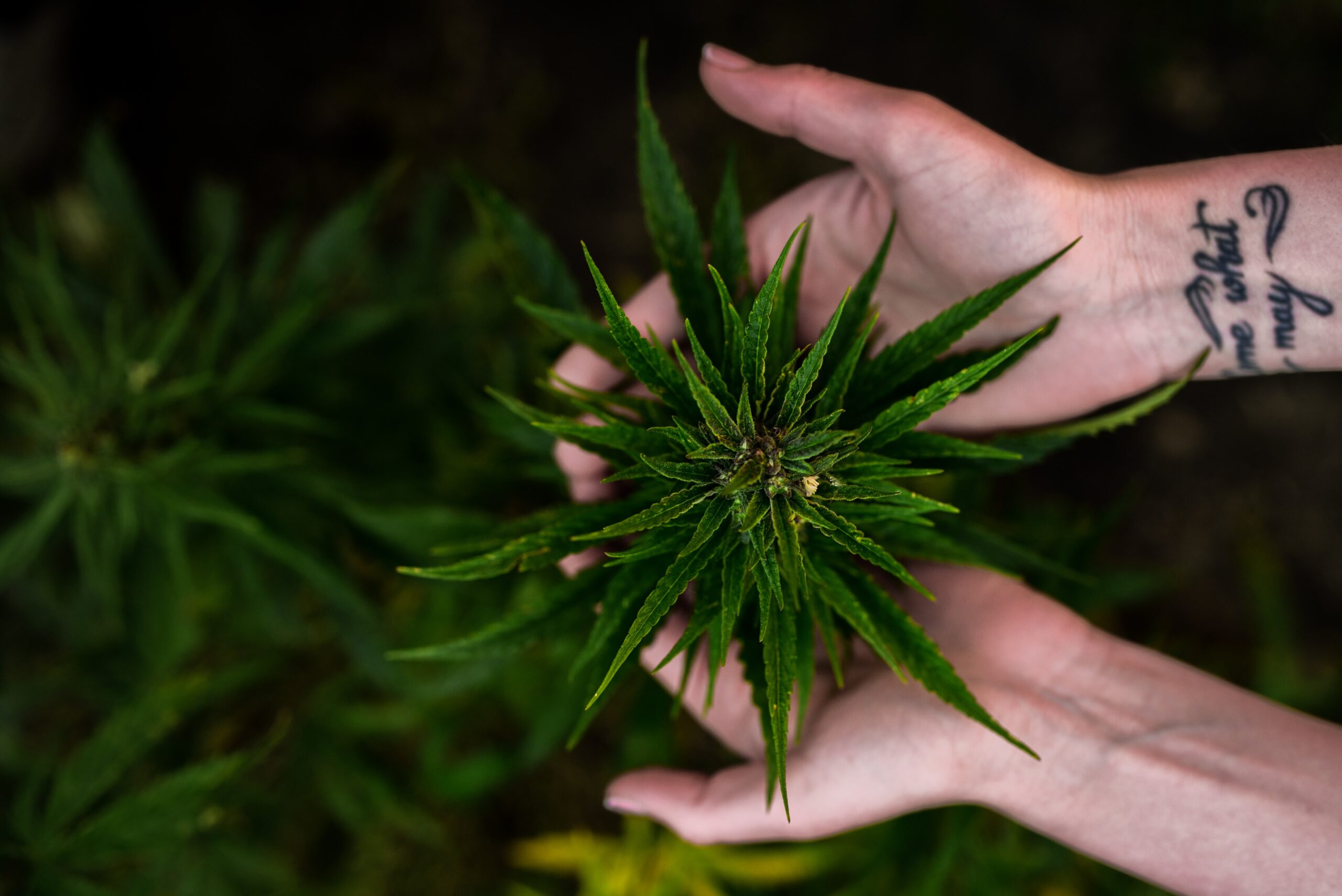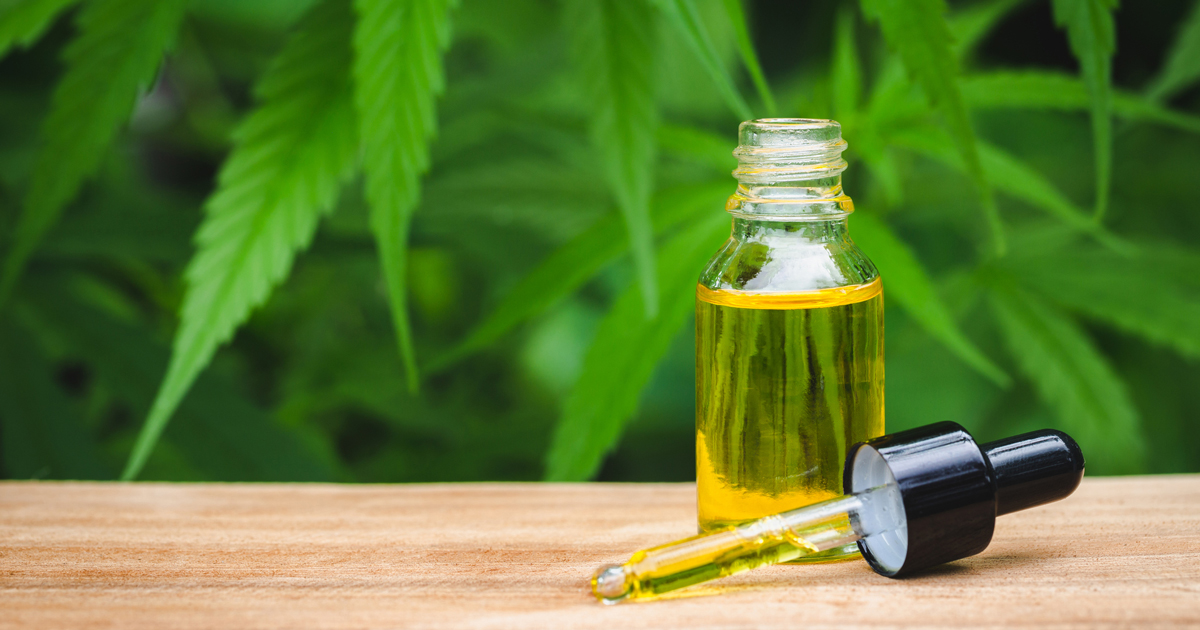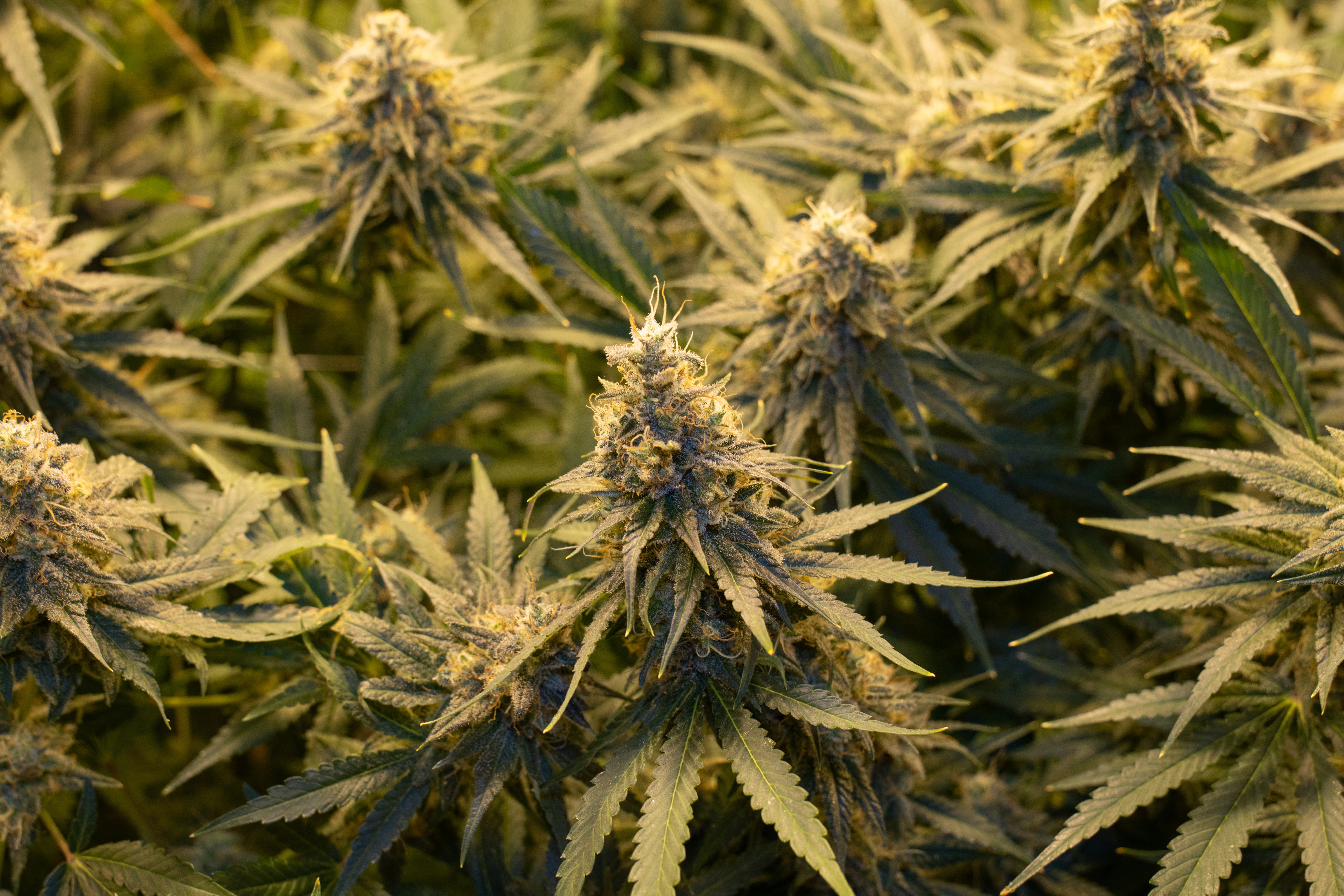Delta-8, a variant of tetrahydrocannabinol, has been gaining popularity for its therapeutic benefits. Due to this surge in demand for Delta 8 THC products comes the responsibility of manufacturers to prioritize ethical and sustainable practices in their production processes.
Understanding Delta-8 Chemistry
Delta-8 occurs naturally in cannabis plants but in very low concentrations. Thus, producing delta-8 requires a complex chemical process that involves converting delta-9 into delta-8 through a series of chemical reactions like isomerization, distillation, and chromatography. This process must be carried out with precision and expertise to ensure high levels of purity and minimize the presence of harmful impurities.
Sustainability in Delta-8 Production
Manufacturers should prioritize sustainability and environmental responsibility in the production of delta-8. This includes using renewable energy sources to power production facilities, implementing sustainable waste management practices, and minimizing the use of harmful chemicals and materials. Sustainability should also be prioritized across the entire supply chain, including the cultivation and harvesting of cannabis plants, the processing of raw materials, and the distribution and packaging of finished products.
Steps Involved in Making Delta-8
Producing high-quality delta-8 extracts involves several steps, starting with high-quality cannabis plants. After extracting delta-9 using a solvent-based extraction process, it is converted to delta-8 through isomerization. The delta-8 extract is then refined using distillation and chromatography to remove impurities and ensure a high level of purity. Finally, the product must be tested to ensure it meets quality and safety standards.
Prioritizing Ethics in Delta-8 Production
It is critical that the production process of delta-8 does not harm the environment, community, or the workers involved. Using eco-friendly extraction methods and disposing of solvents responsibly, using energy-efficient equipment, and renewable energy sources, and following local regulations and obtaining necessary permits are essential to ensure that the production process is sustainable and ethical. Minimizing waste and maximizing the efficient use of resources can further contribute to sustainability.
Conclusion
As the CBD industry continues to grow, it is imperative for manufacturers to prioritize ethical and sustainable practices in the production of delta-8 and other cannabis-derived products. By doing so, they can build trust and confidence among consumers and ensure that the industry remains responsible and viable for years to come.
